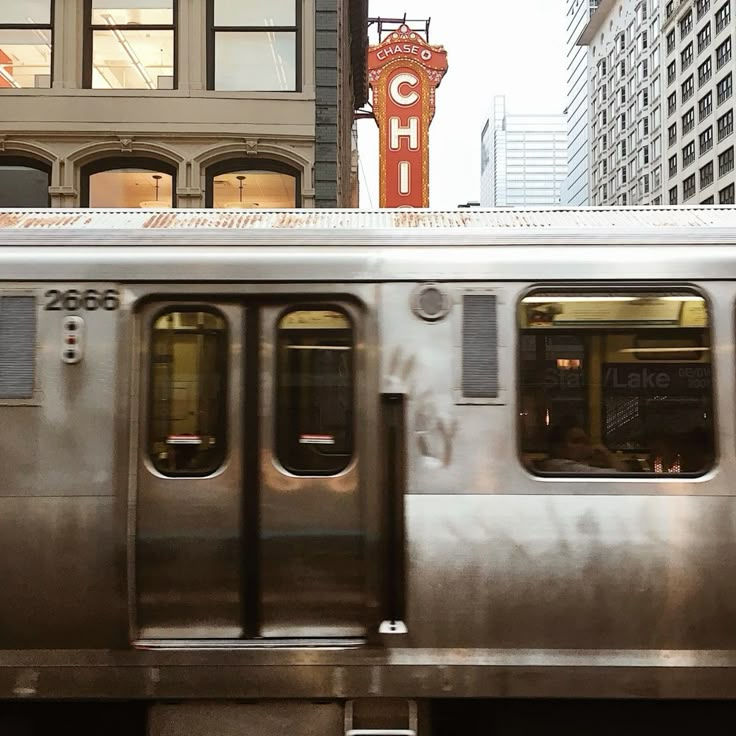The "Chicago Sound"
- Wilder Mouton
- Nov 8, 2025
- 3 min read
Chicago is known as the Second City. The meaning is twofold: the rebuilding after the Chicago Fire, and the rivalry with NYC as the largest metropolis in the country. As LA grew in size and encapsulated Hollywood, Chicago suddenly had a battle on two fronts, economically as well as culturally. The path it took, culturally, was its own; both the royal glitz and glam of NYC and the burgeoning fame of LA were eschewed in favor of a subtle, everlasting uniqueness. Being from the midwest, I have always dubbed this culture the Midwest Mystique; an ephemeral quality of discovering the third way of being for oneself, whether that be in the arts, politics, or music. The mystique comes from two sources: the hidden nature of this quality, that one has to dig through the banal to find the truly original; and the originality itself, that those forms of expression borne of the midwest are unique to it.
The coasts, of course, contain their own unique cultures, and while many artists have defined their respective canons (Nirvana in Seattle, Wu-Tang Clan in NYC), they have also bred a style unto themselves, with other artists following suit. Chicago’s artistic history is, comparatively, fragmented. Artists don’t directly follow one another; instead, they are all formed through the rejection of coastal aesthetic domination within the zeitgeist. As such, the Chicago Sound is characterized by a rejection of those two dominant modes of artistic expression from the coastal cities, in whatever form that may take.
For the purpose of this piece, I’ll be focusing on rock music. The Chicago sound, historically, has gone the opposite of the prevailing trends therein. In the 80s, when New Wave was the primary cultural form of rock music, Chicago’s alternative scene grew Big Black and Dazzling Killmen, tinny, acidic bands characterized by absurd, explicit lyrics, grinding and noisy guitars, and untraditional rhythms. Such sounds went on to inspire the following rock trend in the 90s - Grunge, and its related offshoots. Big Black was named a favorite artist of Kurt Cobain, in case the legacy and in case the influence wasn’t obvious enough, Nirvana’s final album was recorded by Big Black guitarist/vocalist and engineer of legend Steve Albini. That said, and in opposition to the explosion of radically dynamic, distorted, punk-inflected rock, Chicago’s sound produced Tortoise, 90 Day Men and The Sea and Cake; guitar bands recognized for their clean tones, jazz influences, quiet and undramatic, understated performances. Of course, we also had The Smashing Pumpkins, comparative titans in the 90s alt-rock boom, but even they were self-reporting as not influenced by punk rock, in contrast to the Seattle scene.
The post-Grunge rock era has produced a wider range of music here in the modern era, but Chicago has retained a specificity of sound. While the grunge and shoegaze inflections of bands like Superheaven and Deftones have kept that sound in the relative mainstream, so too have stranger, understated bands (particularly from the UK, with bands like Fontaines DC and Black Country, New Road) have made an impact too. Chicago’s own popular and darling band is Wilco, and despite my own lack of love for that band, it's no doubt that they helped define the Chicago sound moving into the 2000s, with help from former local legend Jim O’Rourke, known for his solo work and guitar work for Sonic Youth. Chicago’s own clean, off kilter sound has survived in the margins of the larger culture, and continues to inspire and propagate. Bands like Floatie, Godstar Megamax, Feller and FACS are keeping the angular, jazz-inflected, off-the-wall tones alive in Chicago, even if they aren’t breaking through the ceiling of Billboard Top 100. On top of that, 90 Day Men and Dazzling Killmen both recently reformed, showing that something is clearly in the water as it relates to the revival of the Chicago Sound.






Comments